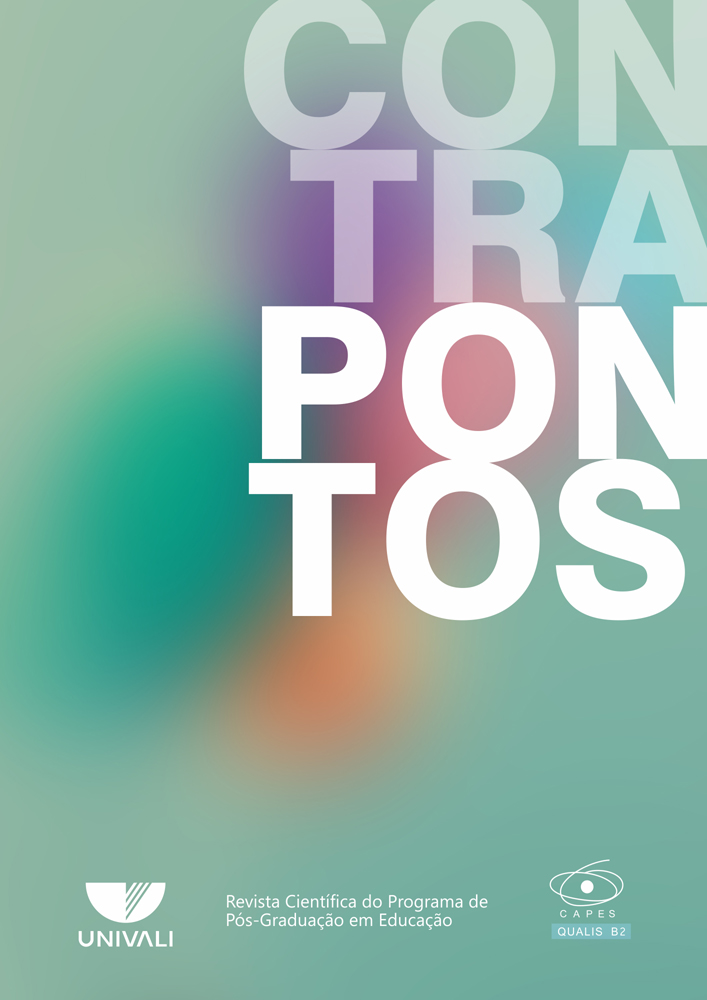RIGTH MEASURE: BODY, CONFESSION AND TECHNOLOGIES OF THE SELF IN IN TIMES OF NEOLIBERAL GOVERNMENTALITY
DOI:
https://doi.org/10.14210/contrapontos.v22n1.p149-174Keywords:
Saúde, confissão, corpo, tecnologias do self, espetacularização.Abstract
In this article, we aim to discuss the forms of constitution of the self through confession practices and ways of spectacularization of the body and health presented in the book “Rigth mesure – how we got there: with Márcio Atalla”. For that, we made use of Foucault’s conceptual tools. At first, we point out the analytical inspiration based on discourse analysis. Then, we use the analyzes carried out by Foucault on confession and self-direction practices to discuss the elements present in the analyzed book, in particular those concerning health and weight loss practices. We understand that the forms of publicizing the private self make use of confession technologies no longer based on a private confessional for a single director of souls, but, nowadays, these are supported by public and collective spectacularizations that have spectators like those a who directs and owes satisfaction. Such processes compose a discursive tangle that values the practices of the self and transforms them into consumer goods, concurrently directing both those who expose themselves and those who actively observe and participate in the direction of the other. These actions are considered here as ways of regulating and governing the contemporary self.
Downloads
Published
Issue
Section
License
Copyright (c) 2022 Revista Contrapontos

This work is licensed under a Creative Commons Attribution 4.0 International License.
Upon acceptance of an article, the author gives full rights of the work to Contrapontos., but retains the authorship. The published work is considered collaboration. Thus, its author will not get paid nor will s/he be charged by Contrapontos. The responsibility of the article solely goes to the authors. Citations and transcriptions are allowed by mentioning the sources.
Â

This work is licensed under a Creative Commons Attribution 4.0 International License.

